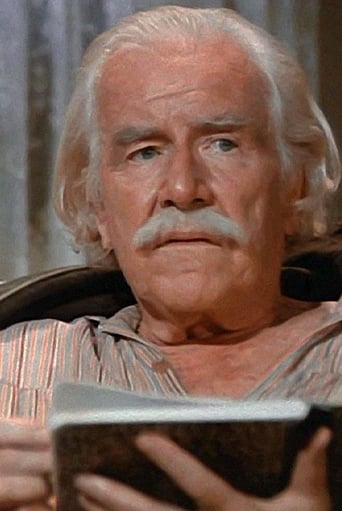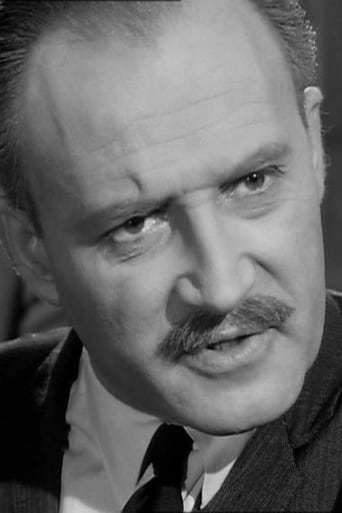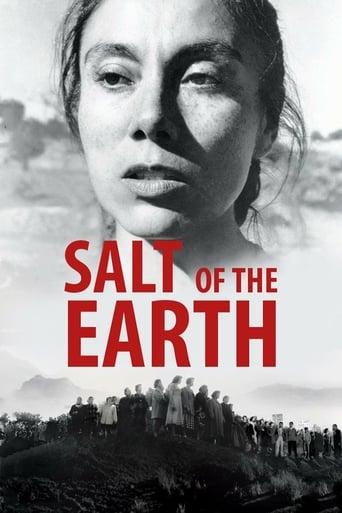
Salt of the Earth
March. 14,1954At New Mexico's Empire Zinc mine, Mexican-American workers protest the unsafe work conditions and unequal wages compared to their Anglo counterparts. Ramon Quintero helps organize the strike, but he is shown to be a hypocrite by treating his pregnant wife, Esperanza, with a similar unfairness. When an injunction stops the men from protesting, however, the gender roles are reversed, and women find themselves on the picket lines while the men stay at home.
Similar titles

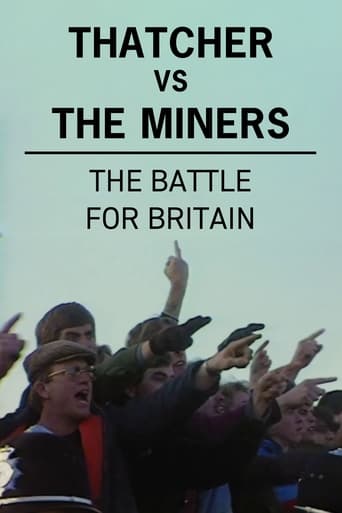
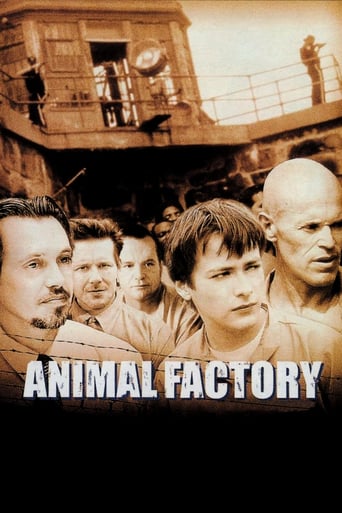
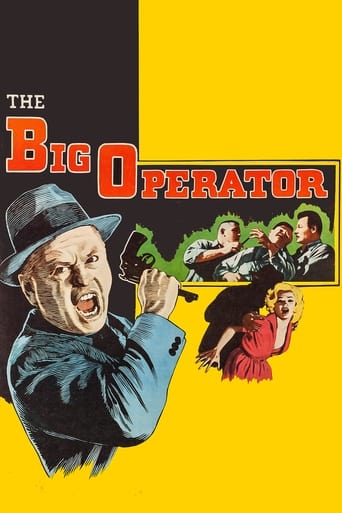
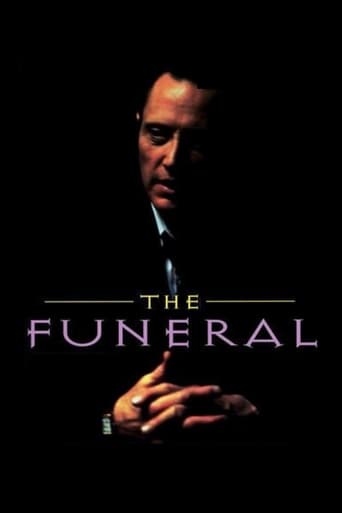
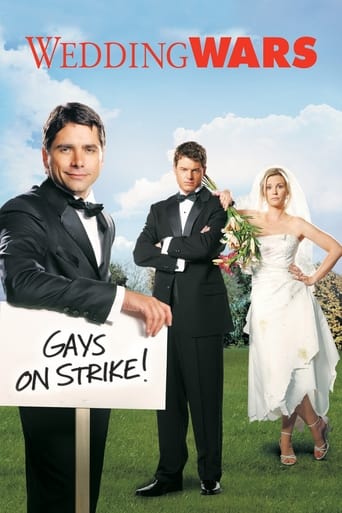
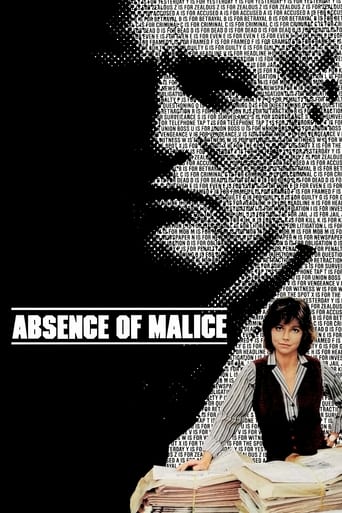
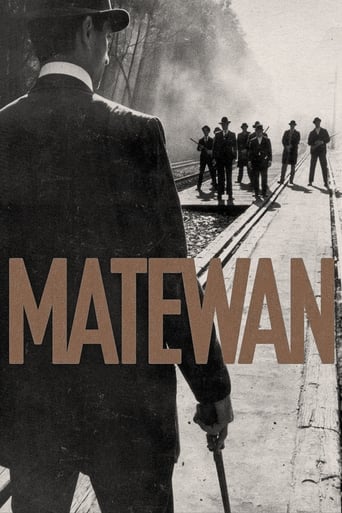
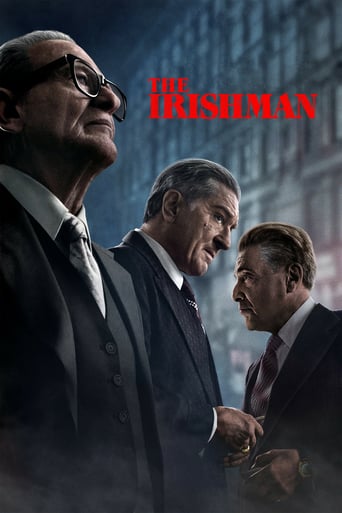
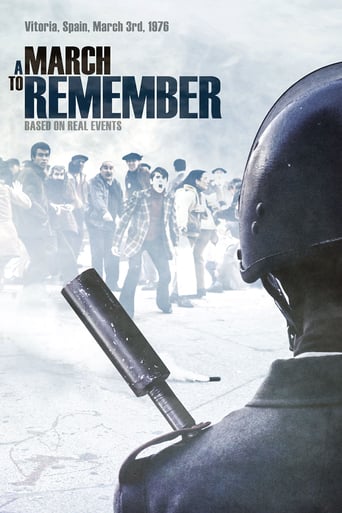
You May Also Like
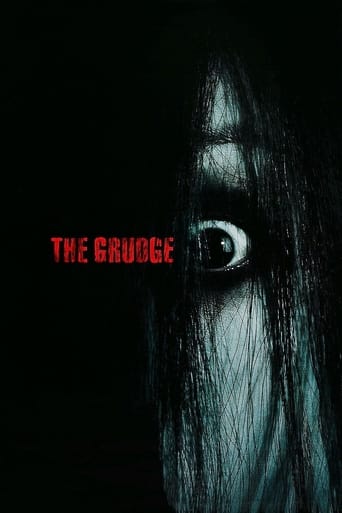

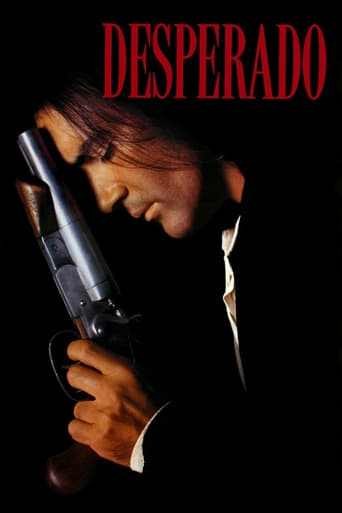
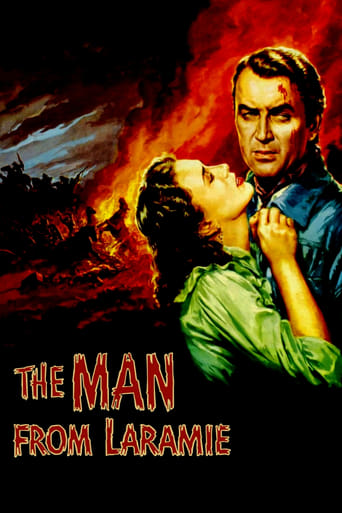
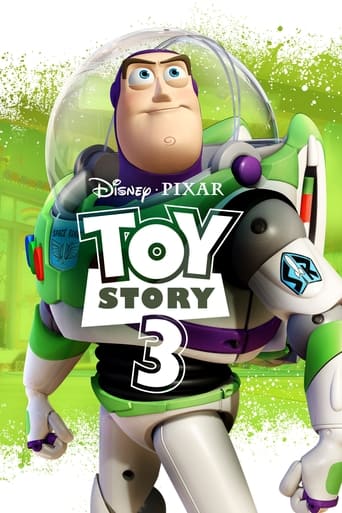
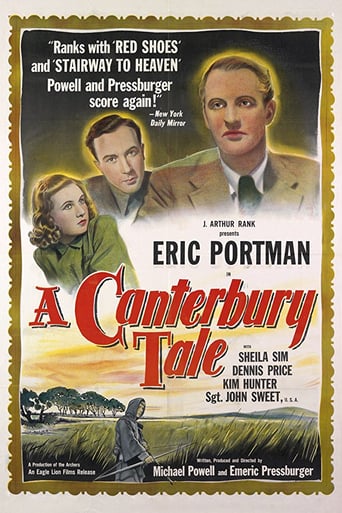
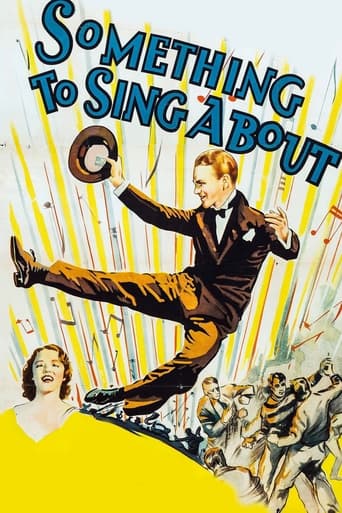

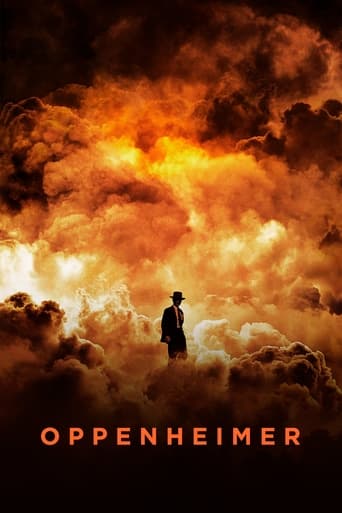
Reviews
Although it has its amusing moments, in eneral the plot does not convince.
The acting is good, and the firecracker script has some excellent ideas.
This is a small, humorous movie in some ways, but it has a huge heart. What a nice experience.
The tone of this movie is interesting -- the stakes are both dramatic and high, but it's balanced with a lot of fun, tongue and cheek dialogue.
Looking back at this film from the perspective of the Trump administration we could use a little radicalism such as the men and women demonstrate in Salt Of The Earth.Based on a real strike by Mexican-American workers of a zinc mine in New Mexico it was about the usual labor issues, but also a component of racism and sexism. The Mexicans are given lower wages by the owners for being Mexican, rather baldfaced discrimination to say the least. But the sexism comes from the strikers themselves who believe firmly that woman's place is in the home.Needless to say the women sacrifice much, but they prove indispensable to the movement. In fact the message is that oppressed folks of all kinds have to unite to cast off the oppression.Well with that kind of message you know the mastodons that ran all kinds of agencies concerned with security got all hot and bothered. Of course having blacklisted people like Will Geer in the cast certainly drew everyone's attention. Geer is the only name in the cast that most American viewers will recognize.The non-professionals the actual miners playing themselves should be given a lot of credit wanting to bring their own story to our attention. I noted one anachronism though, mention of the Taft- Hartley Act is made and not favorably. For about 20 years Democrats faithfully included it in their platform, a repeal of the law. But both organized labor and the Democratic party eventually learned to live with it.Being an independent film with no studio backing at all it sure lacks a lot of production values. But it's heart is big as all outdoors and its place in history is secure.And this review is dedicated to the men and women of local 890 of the mine workers union who fought the good fight.
The propagation of fear of the "other", or the unknown, is a fervent device used by governments for the control of the masses (the population). In the 1940's and 1950's in the west (particularly the United States - and to a lesser extent the UK), the common object of fear was the spread of Communism. In 1947, this paranoia about the infiltration of socialist ideologies into US politics, culminated in the organisation of HUAC (House Un-American Activities Committee), which began a witch hunt for any persons involving themselves (allegedly) in Communist politics and ideas. Propaganda was in full swing by 1954, and the hunt was extended into the arts, particularly Hollywood - with its "Harbouring" of socialism - which led to the imprisonment of "The Hollywood Ten" which included the writers and filmmakers involved in the making of Salt of the Earth - which was inevitably blacklisted.With a largely non-professional cast (only five were professionals), this neo-realist style film tells the story - based on real events - of a workers strike for equality of pay and conditions for American- Mexicans working in the Delaware Zinc mines in New Mexico. Told from the perspective of Esperanza Quintero (Rosaura Revueltas - one of the five actual actors), the film opens with a domestic scene and her narration, as she outlines their social conditions, and the small community. Her husband, Ramon (incredibly heartfelt performance by non-professional, Juan Chacon), signifies the "traditional" male, whose displays a reluctance for his wife to involve herself with nothing but the upkeep of the home, and the raising of their children (not a particularly revelatory experience in the 1950's).After the failure of the men - bound by union restrictions - to successfully picket the mine, the women of the village take their places, creating a barrier to the entrance. This destabilises the workers union to begin with, and fundamentally disrupts the home life of Ramon and Esperanza - whose conventional roles are reversed, creating an emasculated man-of-the-house. The reactions of the mining management/owners leads to the arrest of all the women, which creates an even greater sense of solidarity between the women, and eventually (once they realise the importance of this strike) the men.Within the context of this film, it is hard to believe in this day that this film (which perpetuates socialist ideas - Communist theories) was regarded as dangerous to the point of being blacklisted. However, what this part of history highlights is that these political ideas are simply dangerous to a hegemony of market power. That is, the fear of Communism (or socialism) is simply that it would - in theory - give equal rights and fair wages to the workers of any company or corporation. Of course, if socialism did spread, this would mean the obliteration of the free market economy that has so far simply created a greater divide of rich and poor in the West, and ultimately led to such incredible greed, and intrinsically creating the banking crisis of 2008.With a strong cast of actors and locals, this film is both enlightening and emotionally mature. It is itself a piece of pure propaganda, but it skillfully emphasises the socialist ideal of equality. The film also raises some interesting feminist questions - a movement that didn't really become part of popular culture until the late '60's and '70's - and gravitates towards alternative social roles for women. It was of course ignored by the Hollywood system, but eventually found audiences within film schools and workers unions. A common reaction was astounding: The Hollywood Reporter (a trade magazine) made a bold and frivolous statement claiming that the film was made under the direct orders of the Kremlin. It is an incredibly important piece of social history, that is also successful as an interesting and entertaining slice of cinema.www.the-wrath-of-blog.blogspot.com
Whenever I watch an older movie I always try to realize that they were conceived during a specific period in time; within a continuum that overlaps with history if you will. As a result, the directing, acting, special effects and social attitudes of a specific era can live on in celluloid and seem hokey or even offensive today. Its not always easy to realize this; I can't help but giggle when I witness the special effects in 1940's "Thief of Bagdad," but in the case of "Salt of the Earth" Herbert J. Biberman's masterpiece still remains ahead of its time.The story, based on true events, takes place in a small mining town in New Mexico. The Quintero family live in a small hobble with no running water and a tightening budget. As the patriarch (Juan Chacon) slaves away underground, Esperanza his wife (Rosaura Revueltas) anxiously awaits the birth of yet another child. After a workplace accident (facilitated by a questionable company policy), the miners walk off the job. What starts out as a small, organic labor strike soon turns into an engrossing drama about racial and gender politics.Everything is told from the point-of-view of Esperanza who over the course of the film becomes more deeply involved with the labor union. Her, along with a few key organizers help unite the splintered groups; men and women, Mexican and white miners. This of course is done with the stern disapproval of her husband and many of the men in town.Behind grainy resolution and cheap sets lies unbridled confidence both behind and in-front of the camera. Rosaura Revueltas's voice-over evokes immediate sympathy to the character and her sun-kissed natural beauty shines a bright light in some of the darker moments. Juan Chacon in his first and only film performance also does a fine job. He may not have the acting chops of a seasoned veteran but he nevertheless has a commanding stage presence that is not easily taught. The real treat however is Herbert J. Biberman's direction which brings to mind the best of Jean Renoir's American films but with a touch of Godard. In one intense scene, he smash-cuts between two pivotal moments creating a palpable tension that sent my heart fluttering.At the height of the Red Scare, this unabashedly pro-union film became a source of much controversy when it was released, comprising of many progressive and blacklisted actors, writers and producers. Produced on a minimal budget, the film was only exhibited once before being blackballed for over a decade finally finding an audience within the burgeoning counterculture. In today's social and political climate "Salt of the Earth" remains as salient as ever. Occupy Wall Street could learn a lesson from Esperanza. We all could.http://theyservepopcorninhell.blogspot.com/
In the early 1950's, film studios were under attack from two directions. Small screen TV had put a big dent in theatre attendance, while the Mc Carthyite cold war had put a big chill in the cultural milieu. A formerly lucrative industry found itself suddenly reeling, with a future no longer very certain. In short, the commercial winds had changed and Hollywood needed an overhaul. To meet TV's challenge, studio moguls introduced big screen Cinerama, biblical spectaculars and full-cleavage romance goddesses; to please congressional investigators, they fired unrepentant left-wingers and blackballed them from future employment. Social commentary, never much of a staple, disappeared entirely, while the escapism of Westerns, Tennessee Williams, and bedroom innuendo took over. The 50's had arrived with a vengeance. Against this backdrop, Salt of the Earth appears to have parachuted in from another planet. In retrospect, the film's look, feel, and values, plus use of non-actors, represent an anti- Hollywood aesthetic in just about about its purest form. Instead of the usual ersatz, there are company shacks, a desolate land, and real workers sometimes speaking a foreign tongue about hot water and labor solidarity. This was and is about as far removed from the fabled dream factory as any commercial film before or since. To my knowledge, Salt is the only professional movie made in America by known communists. And though I've seen it a number of times, I've yet to detect a theme that any conscionable liberal would disagree with. The emphasis throughout is on reform, not revolution. So why was the movie so thoroughly ostracized. Aside from the obvious negatives, there are two aspects that challenge patriotic assumptions about the power of the individual. The strikers win because of their solidarity, that is, their capacity to overcome internal divisions in pursuit of common goals. But more importantly, theirs is a leaderless solidarity. Unlike so many other labor films, no one person arises in Salt to take charge or direct the actions of the others. No single iconic personality dominates. Community of labor is the real agent of change and victor here, while no one individual can be pointed to as indispensable. Second, through the pivotal role of Esperanza (a professional actress), the individual is shown as flowering amidst the common effort. Far from being submerged in a faceless mass, she discovers through participation a heightened sense of individualness and a wealth of hidden talents. Moreover, a stronger, more confident Esperanza means a stronger, more confident strike effort. In short, it's not individuality versus the group, but individuality from within the group. I don't know how subversive these ideas ultimately are, but I do know they challenge decades of iconic film-making, in which the omnipotent movie star, a John Wayne or a Sylvester Stallone, is transformed into a demi-god and exalted above the common folk. Against this grain, Salt seeks to empower its audience, not dis-empower. There are many fine touches in the film. I'm glad the workers are not romanticized, nor are the bosses or their law-enforcement allies caricatured. Instead the hardscrabble families are treated as ordinary people, able, nevertheless, to act intelligently beyond the cultural limits placed upon them. Ordinarily, the viewer would expect a heavy hand with such politically charged material; however, the producers have the good sense to hew to a lighter approach that features unexpected deposits of humor, as when the men whine about being forced to hang out the wash. This furnishes both a good laugh and an incisive piece of social commentary. In fact, most of the movie's considerable humor comes from its strong feminist subtext, certainly a striking exception to the Ozzie and Harriet stereotypes of the period. Despite an obvious appeal to cultural historians, Salt is much more than a mere artifact. There is, of course, no more Mc Carthy-led purge, and miners' wives have long since gotten hot water and indoor plumbing thanks to labor militancy. Nevertheless, the film's social themes continue to reach beyond that long-ago period. Women continue to strive for equality, just as the workers' wives in Salt struggled as domestics against the chauvinism of their husbands. Moreover, the need for racial equality remains as pressing now as it was in Michael Wilson's prescient screenplay. And, of course, there's labor's ongoing battle to get something like a fair share of the wealth it produces. Far from being a dead artifact, the power of this suppressed treasure along with the courage of the men and women who made it, continues to echo across the decades, furnishing inspiration to generations to come.
Top Streaming Movies
















